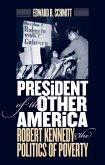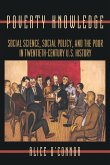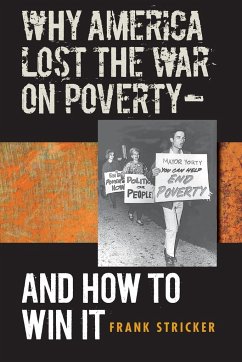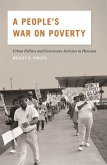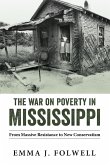"Readers of this fine book will learn far more about the War on Poverty and the foibles of U.S. liberalism in the postwar period than they will about rhetoric. This is both a great service and a great mercy. "Zarefsky's effort is a gem. It uses rhetorical analysis to its best advantage: as a narrative thread rather than as an explanation.""-- Journal of Communication "Provocative and subtly argued . . . an important and original study.""-- Choice "Zarefsky's concentration on the struggles fought over the symbols of the antipoverty effort makes for an engrossing analysis of the War on Poverty from a fresh angle of vision . . . [and] provides more than a cogent analysis of the War on Poverty. It is a valuable study of rhetoric and history, focusing our attention on how symbols define political situations and how they are modified over time in the face of new events and pressures. The author's account of the Johnson administration's rhetorical moves and modifications in the face of defeats in the 'unconditional war' declared in 1964 is particularly enlightening.""--American Historical Review"
Hinweis: Dieser Artikel kann nur an eine deutsche Lieferadresse ausgeliefert werden.
Hinweis: Dieser Artikel kann nur an eine deutsche Lieferadresse ausgeliefert werden.


